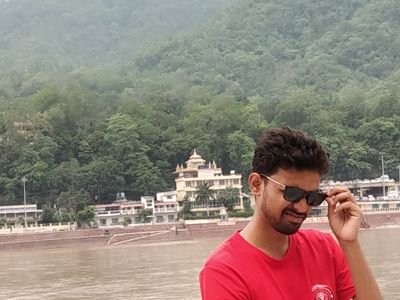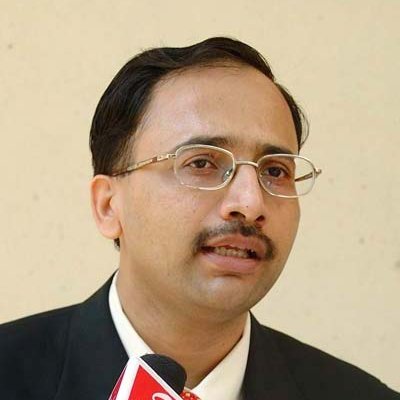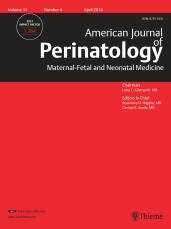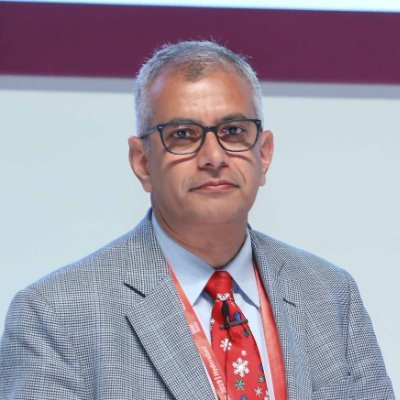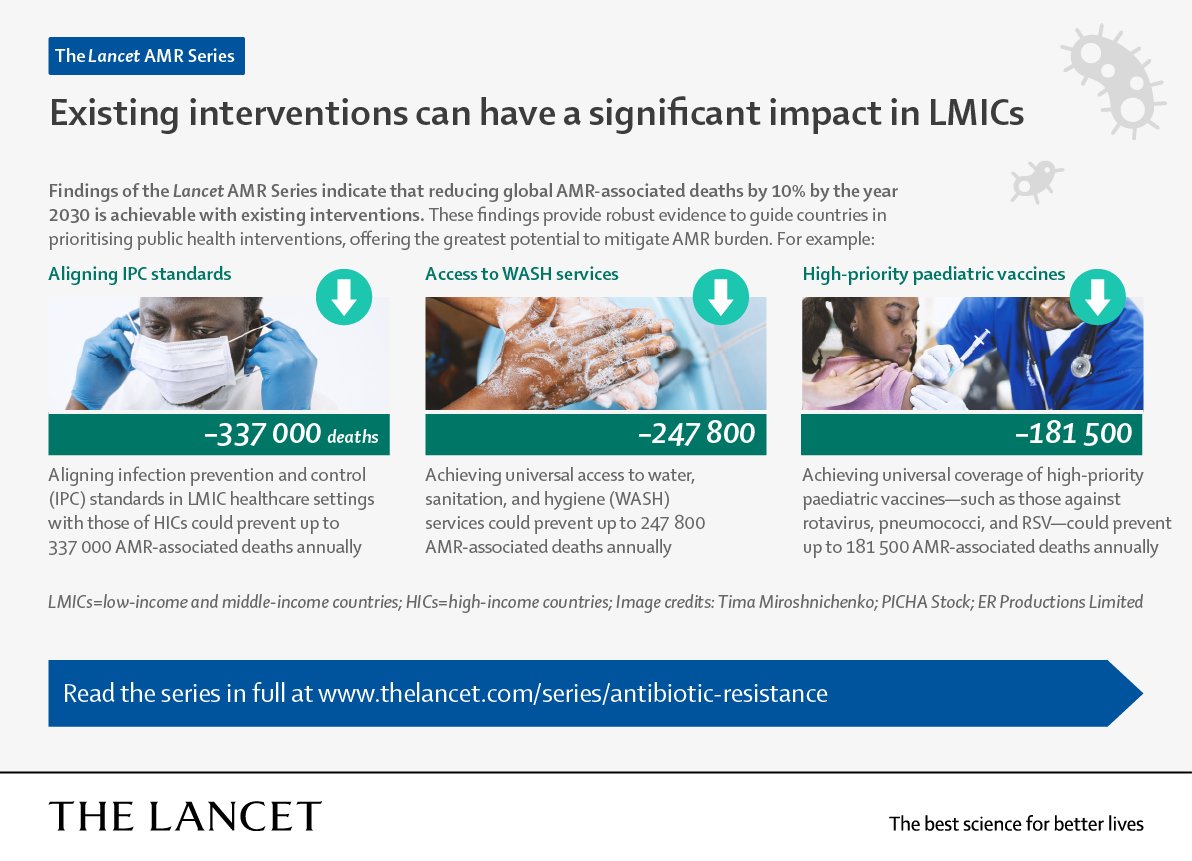
deepika kainth
@KainthDeepika
Followers
68
Following
468
Media
4
Statuses
68
Joined November 2021
Happy to share our recent review article on nutritional management and fluid management in ELGANs. Thank you @IJPJOURNAL for the disseminating our thoughts. @dranu2014 @satyaneonato
https://t.co/P1tA0MtW2S
https://t.co/EfD2oqMBFX
0
0
2
Childhood Immunisation: Guide to Safety and Schedule | Dr. Ramesh Agarwa... https://t.co/GjYfIj5kUo via @YouTube
0
4
5
Must listen for all pediatricians and those involved in healthcare education. Listening to sir is inspiring.
Don’t miss ….Dr Rita Sood Oration By Prof Ashok Deorari Doyen of Neonatology, Creator of apps, known for Innovations’s in medical education Mark the date 30 August, 8 pm @ashokaiims @iapindia @MoHFW_INDIA @indianped #nicu #MedTwitter #picu #Pediatrics @IMAIndiaOrg
0
2
6
Successfully completed field testing of the NeoSimSure simulation modules over a 1.5 day workshop. Doctors and nurses from SNCUs all over the country participated actively and provided crucial feedback for refining the module, which should be out soon! @ashokaiims @dranu2014
1
0
2
Evidence-Based Guidelines for Acute Stabilization and Management of Neonates with Persistent Pulmonary Hypertension of the Newborn https://t.co/c1iBH11soT
#pulmonaryhypertension #NICU
0
5
30
@drbretty @nambaf1107 if you would like to suggest better, I shall be grateful.
0
0
0
We struggle to manage babies with established BPD, especially when they are on non-invasive ventilation. What pressures do you choose for NIPPV while managing babies with established BPD? Does the 2-compartment model hold true for NIPPV? @Dr_KSGautham @neo_twiter @EBNEO
3
0
6
Interesting findings.
Antenatal corticosteroid exposure and neonatal outcomes in term infants #neoTwitter
0
0
0
How do we address staffing challenges faced by Neonatologists? Excellent consensus statement from experts @WomenNeo with support from @AAPneonatal Consensus Recommendations for Sustainable and Equitable Neonatology Staffing @AMSPDC @ABPeds @AmerAcadPeds
https://t.co/Jjjj4cgD7X
0
24
70
🎉 Just had an incredible experience attending 2025 Dr. Diane Anderson Neonatal Nutrition Conference! 🎉 - via #Whova event app
0
0
0
A brilliant man for generations to remember! #rip
Who is ManMohan Singh? Read this. This man - who was introduced at the ASEAN Business Forum meeting as “the world’s most qualified Head of Government” - will be remembered by the History as one of the greatest son of India and perhaps the architect of Modern India. WHENEVER
0
0
1
Successfully conducted SARANSH workshop to build capacity of healthcare professionals in systematic reviews. Humbled to be a part of the organising team and resource faculty. Thank you team AIIMS and DHR for this excellent opportunity.
Successful workshop supported by DHR, was organized at AIIMS New Delhi by AIIMS, ICMR & DHR experts on systematic reviews and meta-analyses. This hands-on training is vital for synthesizing evidence to meet India's healthcare needs. #Healthcare #SystematicReviews #MetaAnalysis
0
0
2
Glad to be a resource faculty for this wonderful initiative by DHR.
DHR supported workshop “SARANSH” in AIIMS New Delhi. This flagship initiative focused on regional capacity building in systematic reviews & meta- analysis and enhanced evidence-based healthcare across seven northern states and Union Territories. #Healthcare #SARANSH
0
0
0
Born in the site of the road at 22 weeks. Never underestimate these little ones #smallbutmighty
#neoTwitter
https://t.co/2H2I53fvwC
health.ucdavis.edu
Born on the side of Highway 99, a preterm baby gets the best chance at life, thanks to Sacramento Fire Department Engine 6 and UC Davis NICU teams.
3
10
51
Glad to share our systematic review on the role of machine learning in the early detection of neonatal sepsis. Although they perform extremely well, but none was externally validated. Guidance for their use is limited. @satyaneonato @dranu2014 @ashokaiims
0
0
4
And that's how it's done! An exceptionally brilliant and balanced team and now the world champions. What a magnificent moment! So proud of the men in blue! #TeamIndia #T20WorldCup
0
0
3
Hanging at the end of a cliff! Need urgent solutions from LMICs.
“The problem of [antimicrobial resistance (AMR)] has been seen as either not urgent or too difficult to solve. Neither is true.” 🆕 A Lancet Series spotlights this global issue & how existing infection prevention methods could save 750,000 lives a year: https://t.co/Z7oWFNTJMS
0
0
2



